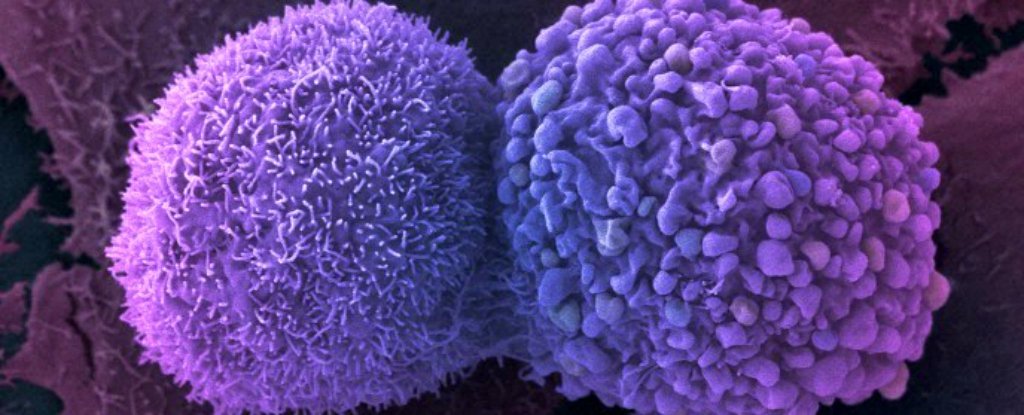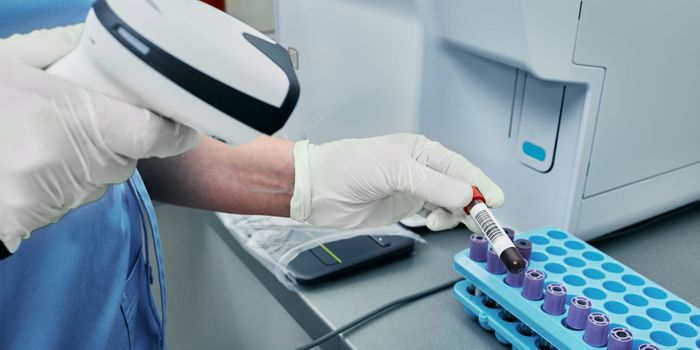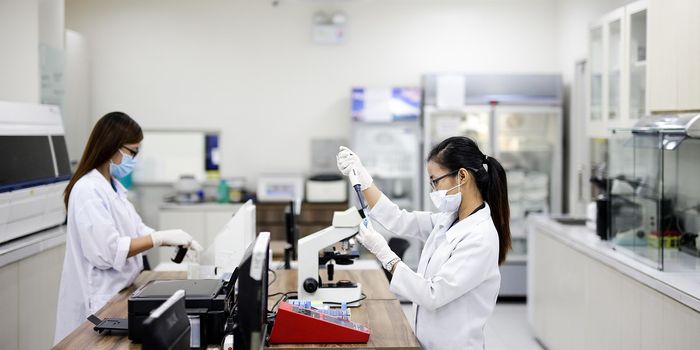Potential Drug May 'Freeze' Cancer Cells
New research study is bringing hope to cancer patients undergoing the early stages of the disease, published in the journal Nature Communications, the study examines a drug compound that can put a stop onto cancer motility.

When cancer cells spread to other regions of our body that is known as metastasis which is a hallmark for deciding a cancer patient's death.
“For the vast majority of cancer—breast, prostate, lung, colon, and others—if it is detected early when it is a little lump in that organ and it has not spread, you will live. And generally, if you find it late, after it has spread throughout your body, you will die,” explains study author, Raymond Bergan, “Movement is key: the difference is black and white, night and day. If cancer cells spread throughout your body, they will take your life. We can treat it, but it will take your life.”
Although awareness on cancer is high, research was only able to focus on therapies that can kill cancer cells with no current treatment known.
However, in 2011, Bergan and colleagues began a study with chemists to seek a drug that would primarily inhibit cancer motility. They found a compound known as KBU2046 that has the potential ability to exert effects on cell motility in multiple cancers.
The study was achieved by utilizing chemical synthesis approaches to identify compounds that could alter motility in tumor cells without debilitating side effects or toxicity.
“We started off with a chemical that stopped cells from moving, then we increasingly refined that chemical until it did a perfect job of stopping the cells with no side effects,” Bergan explained.
The goal for this drug is to ultimately mange cancer in the early stages before reaching the incurable phase. However, the study has yet to expand in human testing.
“Our eventual goal is to be able to say to a woman with breast cancer: here, take this pill and your cancer won’t spread throughout your body. The same thing for patients with prostate, lung, and colon cancer,” explains Bergan.








